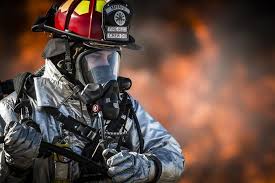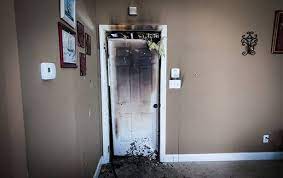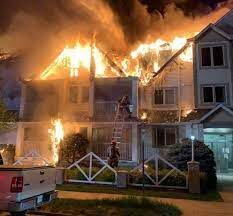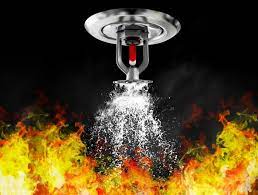 November 2023
November 2023
Fire code compliance is a journey, not a destination. Once achieved, remaining in compliance requires diligence. This is a year-round activity that doesn’t end once an inspection or assessment has been completed.
Fire code compliance has become more complex as life safety systems have become more complicated and integrated. At one time, only pull stations and alarms were essential. Today there are alarms, doors, elevators, vents and fans. Codes and safety standards are constantly updated to ensure life safety systems are understood, functional and used properly.
A new building is required to pass every building and fire code compliance test. The next day, work begins at ensuring the building is fully in compliance for its next inspection. This task is more difficult since people are now residing and working in the building.
Life safety system compliance requires a mixture of daily, weekly, monthly, quarterly and annual inspections of individual components. Residents need to be prevented from dangerous activities that include propping doors open, storing boxes or personal items in hallways, and disconnecting in-suite intercoms or detection systems.
Management can stay on top of this by undertaking a weekly inspection of the building and addressing identified infractions, keeping fire record documentation organized, updating the fire safety plan, and ensuring residents and employees are familiar with the plan. An annual in-suite inspection can ensure alarms; smoke, fire and carbon monoxide detection systems; sprinklers and intercom speakers are functional.
Scrambling to pass a compliance inspection is hard. Making fire safety a part of your everyday operations is easier than struggling to ensure compliance just prior to an inspection. An inspector that sees you have been working to achieve compliance is more willing to work with you when infractions are identified. They can be more likely to grant an extension to complete repairs rather than issue a formal notice.
It makes little sense for a condo board to wait for a fire inspection where deficiencies can be recorded. At this point, what was once regular maintenance becomes emergency repairs at greater cost.







